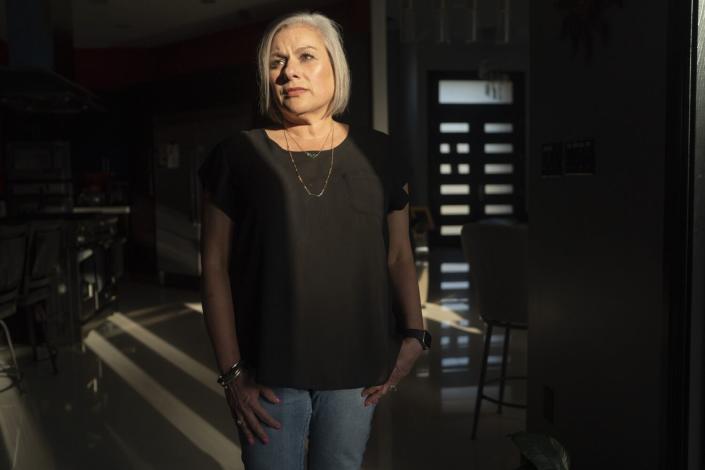There was the teenager from Texas. The father from San Diego. The runner from Indiana.
They went for a day trip. Or a wedding. Or a winter vacation. But they all died after taking counterfeit pain pills purchased at drugstores in Mexico. And they all got those medications in the more than three years between the time the federal government learned of the threat and officials finally warned the public.
A Times investigation published last month showed that both the U.S. State Department and the Drug Enforcement Administration have known since at least 2019 that some pharmacies in Mexico are selling pills made of powerful drugs such as fentanyl and methamphetamine and passing them off as legitimate pharmaceuticals.
But the State Department didn’t post a health alert until after congressional lawmakers called for the move last month in response to reporting by The Times. The DEA has yet to take public action to combat the problem.
In the interim, travelers from across the U.S. overdosed after buying counterfeit versions of medications such as oxycodone and Adderall from mostly small, independent pharmacies in Mexican tourist towns and border cities. Some people who took the pills survived, and some — such as Ryan Bagwell — didn’t.
His mother, Sandra Bagwell, wishes she’d known about the risk.

Sandra Bagwell’s 19-year-old son, Ryan Bagwell, died last year after ingesting a tainted pill that he had purchased in Nuevo Progreso. (Veronica G. Cardenas / For The Times)
“Why did they keep that information from us?” she asked during an interview at her Mission, Texas, home. At the least, she said, she could have warned her son or ordered him not to go. “Maybe he would still be alive.”
A DEA spokesperson provided a brief emailed statement in response to a list of detailed questions about the deaths and the agency’s failure to notify the public sooner.
“Every life lost to a drug poisoning is tragic,” the statement said. “DEA investigates all leads and works with our federal, state, and local partners to pursue
Investigations … and we continue our education and outreach efforts on this important issue to save lives.”
Click here to read the complete original article in Los Angeles Times
Source: Los Angeles Times






